“Baigongfang or Bai Gong Fang” literally means “100 Handicraftsmen Workshop”. It was set up by Beijing Municipal and Chongwen District (now merged into Dongcheng District), and opened to the public in 2003 aimed at preserving and developing Chinese traditional handicrafts.
“Baigong, or Bai Gong” originated from the book named “Kaogongji”, an official record of the State of Qi during the Spring and Autumn Period ( 722-481 BC ) and the Warring States Period (403-221 BC).
“Baigong”literally means “one hundred craftsmen”, a general expression for all the craftmen who made imperial arts and crafts for emperors and noblemen in ancient times. “Fang” means “workshop” in Chinese.
“Baigongfang” (One Hundred Craftsmen Workshop) is such named in order to show that it is the place where masters of numerous handicrafts meet and research for inheriting the ancient arts and crafts.
Baigongfang (100 handicraftsmen Workshop) is composed of 30 studios including Cloisonne Studio, Carved Lacquer Studio, Inside-Bottle Painting Studio, Pearl Studio and Clay Studio etc. It is now a place both for making palace arts and crafts, but also producing common handicrafts popular in ordinary life.
In these handicraftsmen studios, you are able to experience the most famous “Eight Unique Skills of Yanjing (Today’s Beijing)”, the palace handicrafts including Engraved Lacquer, Ivory Carving, Cloisonne, Jade Sculpture, inlaid filigree, inlaid gold lacuqer, palace hand made carpets and palace embroidery. Besides, there are major studios making the ordinary Chinese including paper-cutting, glassware, dough figurine, clay figurine and more.
On the third floor there is a DIY classroom, 120 square meters, 40 double desks and 80 chairs. The classroom is brightly lit,air-conditioned, equipped with a wide range of audio visual equipment including projector Screens.
On the four walls of the classroom are hung up with the photos of the visitors practicing to make handicrafts and the over-100 masters of handicrafts at work, making it an ideal place to be immersed in Chinese traditional handicrafts.
In the classroom, you are taught by the masters how to make paper-cut, learn to write Chinese brush writing, make paper flowers, make clay figurines, paint facial masks, make dough figurines, Chinese knots and more.
Beijing Baigongfang is a living museum of the Chinese traditional handicrafts. On your short Beijing tour, just spare some and come here to see and feel the China traditional culture flowing under this fast developing and restless world.
Opening hours: 9:00 – 17:00 everyday
Add: Yi12, Guangming Road, Dongcheng District, Beijing (北京市东城区光明路乙12号)
( 1km to the east of the east gate of Temple of Heaven)
Tel: 010 67111381, 67112480
Telfax: 010 67140179
Attend a DIY class for learning the ABC of Chinese traditional handicrafts . Make an inlaid snuff
Add-on
Top 10 Markets in Beijing
Top 10 Shopping Malls in Beijing
Beijing Shopping
Tip: Hassle-free Beijing Guided Tours
If you don’t want to go the do-it-yourself route and prefer the hassle-free escorted tours, here are some options for Beijing guided tours:
Beijing Day Tour
Beijing Tour Packages
Beijing Winter Tour
Beijing Autumn Tour
Great Wall Tour
Car Rental in Beijing
Beijing Tours
China City Tours
China Tour
Further Readings
Best Time to Visit Beijing
How to plan a trip to Beijing
Top 10 Attractions in Beijing
How to Visit Forbidden City
How to Visit Temple of Heaven
How to Visit Summer Palace
How to Visit Ming Tombs
How to Visit the Great Wall of China
How to Visit Tiananmen Square
How to Visit Hutongs
How to Visit Olympic Sites
Top 10 Markets in Beijing
Top 10 Shopping Malls in Beijing
Beijing Shopping
Wangfujing Walking Street
Qianmen Commercial Street
Gui Jie ( Ghost Street) Food Street
Any questions, just drop a line.
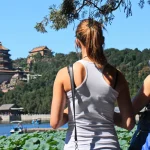
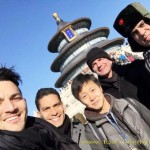
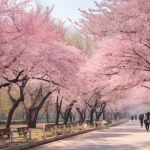



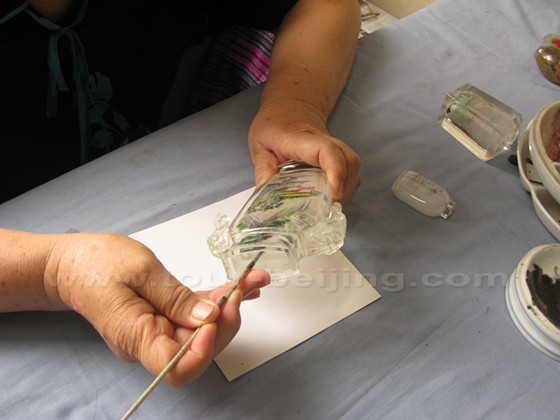
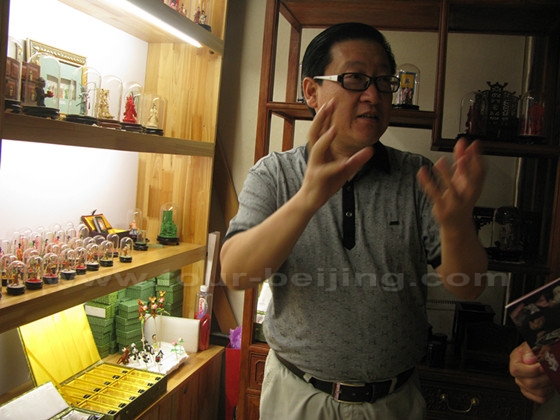
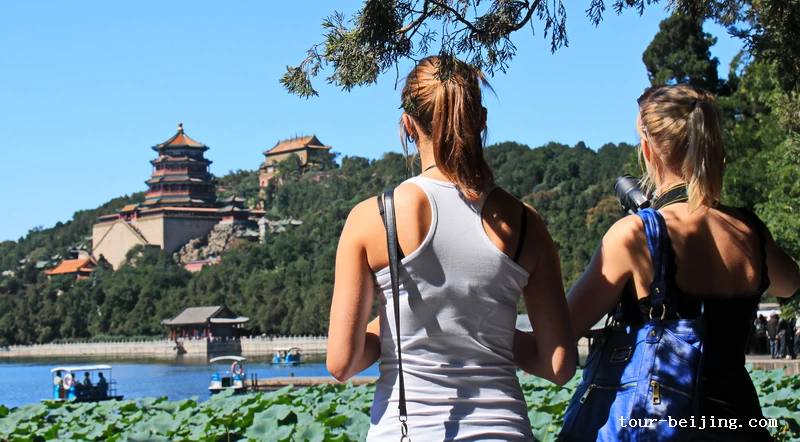
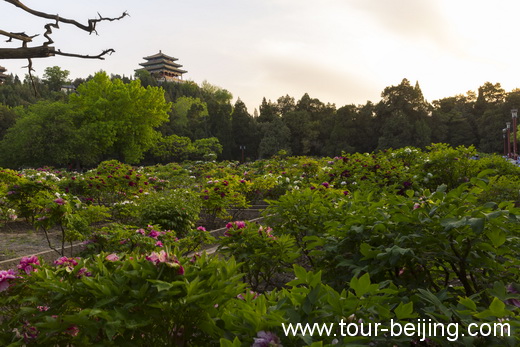
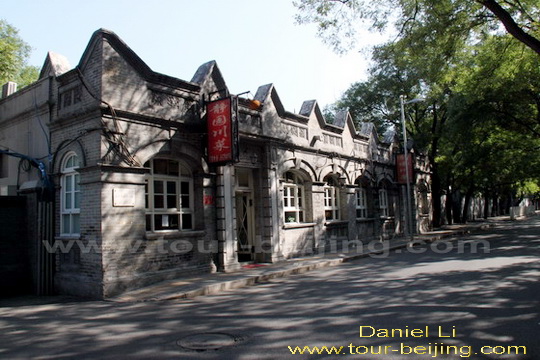
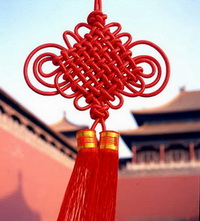
Dear Sir/Ma’am,
How much is the admission tickets to the museum? Are there fees payable for the workshops?
Thank you.
Dear Kok Ann,
Thanks for your inquiry! The workshop museum is free of charge. Enjoy your trip!